By ANW
Published: October 30, 2025
RIO DE JANEIRO — In a shocking burst of violence, Brazilian police carried out the deadliest raid in the country’s history, leaving at least 132 people dead in Rio de Janeiro’s poor neighborhoods. The operation hit the powerful Red Command gang hard, but it has sparked cries of murder and demands for justice from grieving families and world leaders. This all happened just days before Rio hosts big climate talks, putting Brazil’s image under a harsh spotlight.

The raid kicked off before dawn on Tuesday, October 28, 2025. Over 2,500 police officers and soldiers stormed the favelas — Brazil’s crowded slum areas — in the Penha and Complexo da Alemão regions. These spots are home to about 300,000 people and are key bases for the Red Command, a gang born in the 1970s from prison rebels. Today, it runs drugs, guns, and extortion across Rio and even into the Amazon rainforest.
Helicopters buzzed overhead, armored cars rolled through narrow streets, and snipers waited in the hills. Police said the plan, built over a year, aimed to trap gang members in a wooded area for a big takedown. But what followed was chaos: hours of gunfire, explosions, and panic. Gang members fought back with rifles, set buses on fire to block roads, and even launched explosive drones at cops — a first in Rio’s street wars.
At first, officials reported 64 deaths, including four police officers. But by Wednesday, the Rio public defender’s office raised the count to 132, with 115 gang suspects and the rest civilians caught in the crossfire. That’s more than double the early number and tops any past police action in Brazil, even the 1992 Carandiru prison massacre that killed 111.
In the Penha favela, the scene was heartbreaking. Angry residents pulled bodies from bushes and ditches, laying over 70 corpses along a muddy street under blue tarps. A priest blessed the dead as families wailed. “This is a massacre, not justice,” said one woman, her face wet with tears. Taua Brito, a mother searching for her son, sobbed, “I just want to bury him in peace.” Protesters marched to the governor’s palace, waving flags stained with red handprints to show their bloodied hands.
Human rights groups slammed the raid as overkill. The United Nations Human Rights Office called it “horrifying” and urged Brazil to probe claims of executions — shots to the head and back, stabbings, and bodies tied up like prisoners. Local activists spotted signs of close-range killings in a packed area full of kids and elders. “We don’t have the death penalty here,” said church leader Antônio Carlos Costa. “This was slaughter.”
The Marielle Franco Institute, named for a slain city councilor, said the raid targets low-level dealers, not bosses. “In 30 days, the gangs will rebuild,” warned Filipe dos Anjos from FAFERJ, a rights group. In 2024 alone, police ops in Rio killed nearly 700 — about two a day. Critics say these “war games” breed more hate and don’t fix root problems like poverty and weak schools.
Rio Governor Cláudio Castro, a right-wing ally of ex-President Jair Bolsonaro, defended the force. “The city is at war with narco-terrorists,” he said in a video on X (formerly Twitter). He called the dead “criminals who resisted” and bragged about grabbing 93 rifles, over 500 kilograms of drugs, and arresting 81 suspects. “The real victims are our brave officers,” Castro added. He blasted President Luiz Inácio Lula da Silva for ignoring pleas for federal troops three times, leaving Rio “alone in this fight.”
Lula stayed quiet at first but held an emergency meeting with ministers. The Justice Ministry fired back, saying national forces have helped Rio many times before. Security chief Victor Santos admitted the high death toll was “expected but not wanted,” blaming the gang’s heavy arms. Still, experts like David Sapori, a crime researcher, called it a flop. “You kill foot soldiers, but the leaders hide and regroup. We need smarter plans, not just guns.”
The timing couldn’t be worse. Rio is set to host the C40 Climate Summit and Prince William’s Earthshot Prize next week — warm-ups for the UN’s COP30 in November 2026. World leaders are due, including from the U.S. and Europe. Now, images of burning buses, shuttered schools, and body-lined streets flood global news. “This risks turning Brazil’s green push into a red stain,” said one analyst. Gunfire closed 46 schools and the Federal University of Rio, stranding thousands.
On social media, the raid blew up. Videos showed full-auto shootouts, drone bombs dropping from the sky, and cops hauling shirtless suspects. One X post from @Mrgunsngear called it a “two-way range mag dump” with scoped rifles. Others, like @VerminusM, compared it to war zones: “Bigger and bloodier than Israeli ops in the West Bank.” Hashtags like #RioMassacre trended, mixing grief with rage.
This isn’t Rio’s first bloodbath. A 2021 raid in Jacarezinho killed 28, sparking probes. But Tuesday’s scale — more troops than the 2010 Alemão siege — marks a grim new low. As trucks hauled bodies to morgues, one dad told reporters, “My boy was no criminal. He was fixing bikes.” Rights watchers fear more unrest, with gangs vowing revenge.
Brazil’s drug wars rage on, fueled by U.S. demand and local despair. With COP30 looming, will this force real change? Or just more graves? For now, Rio’s favelas mourn, and the world watches a city at war with itself.
Discover more from AMERICA NEWS WORLD
Subscribe to get the latest posts sent to your email.
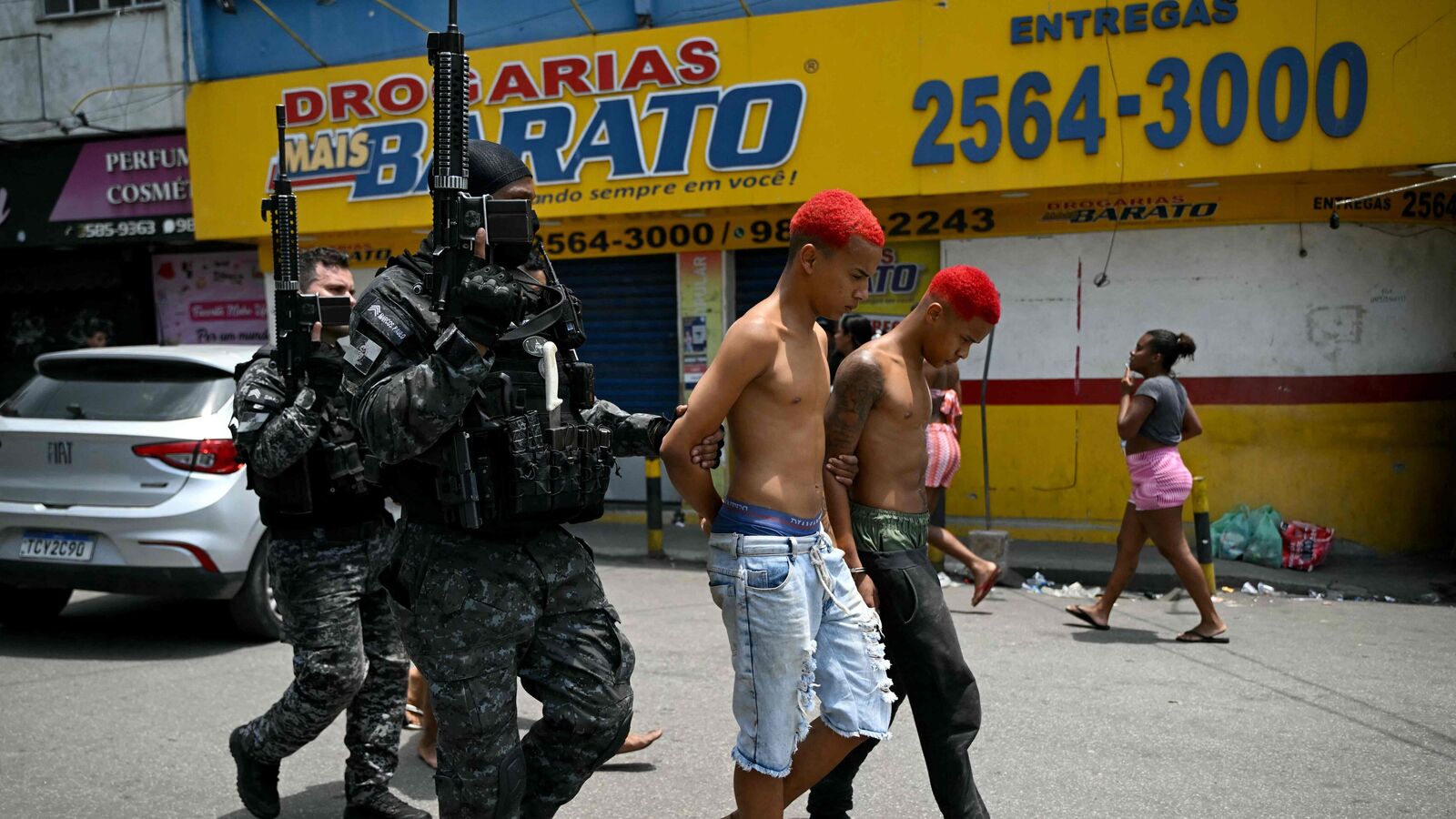

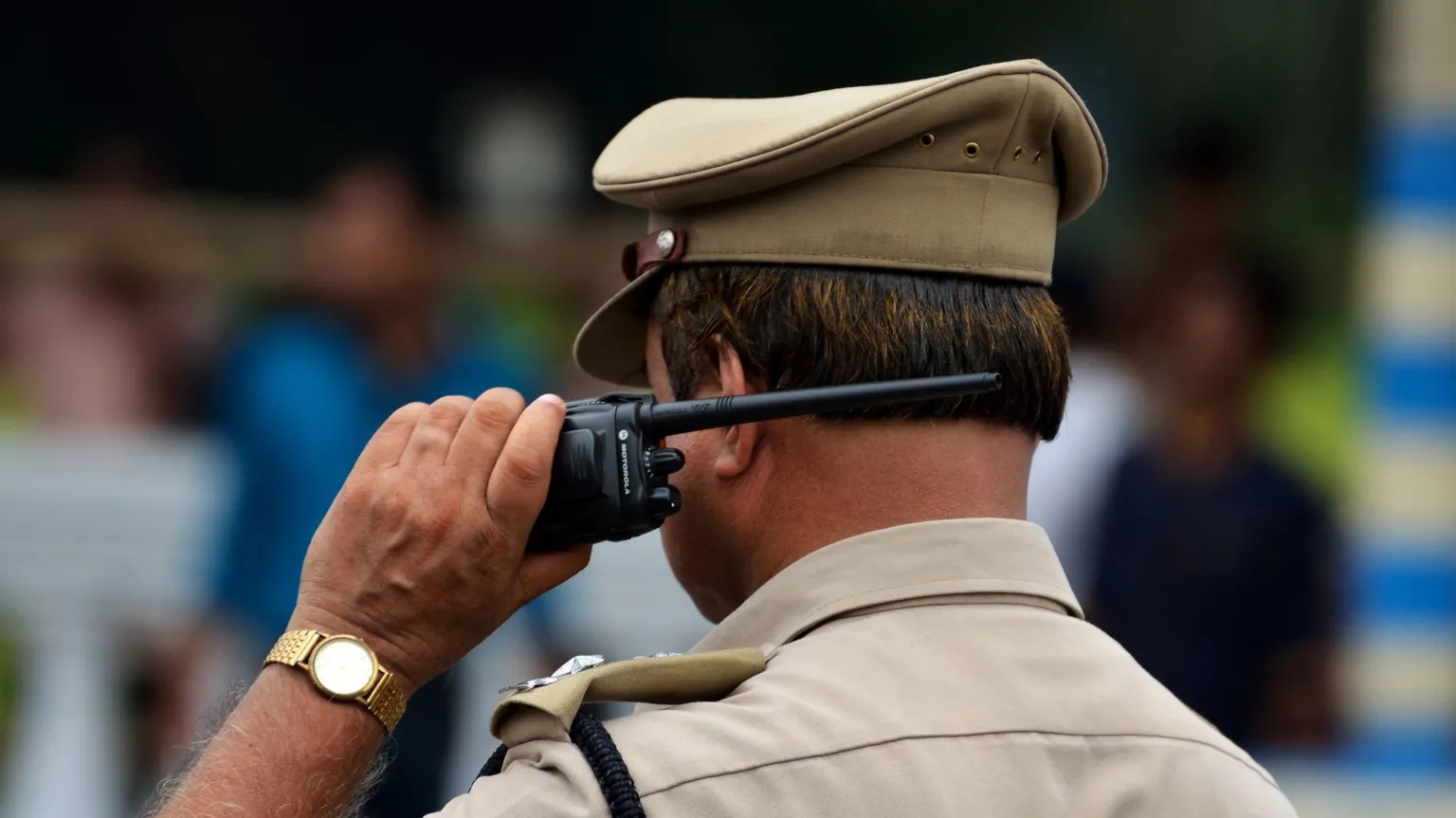
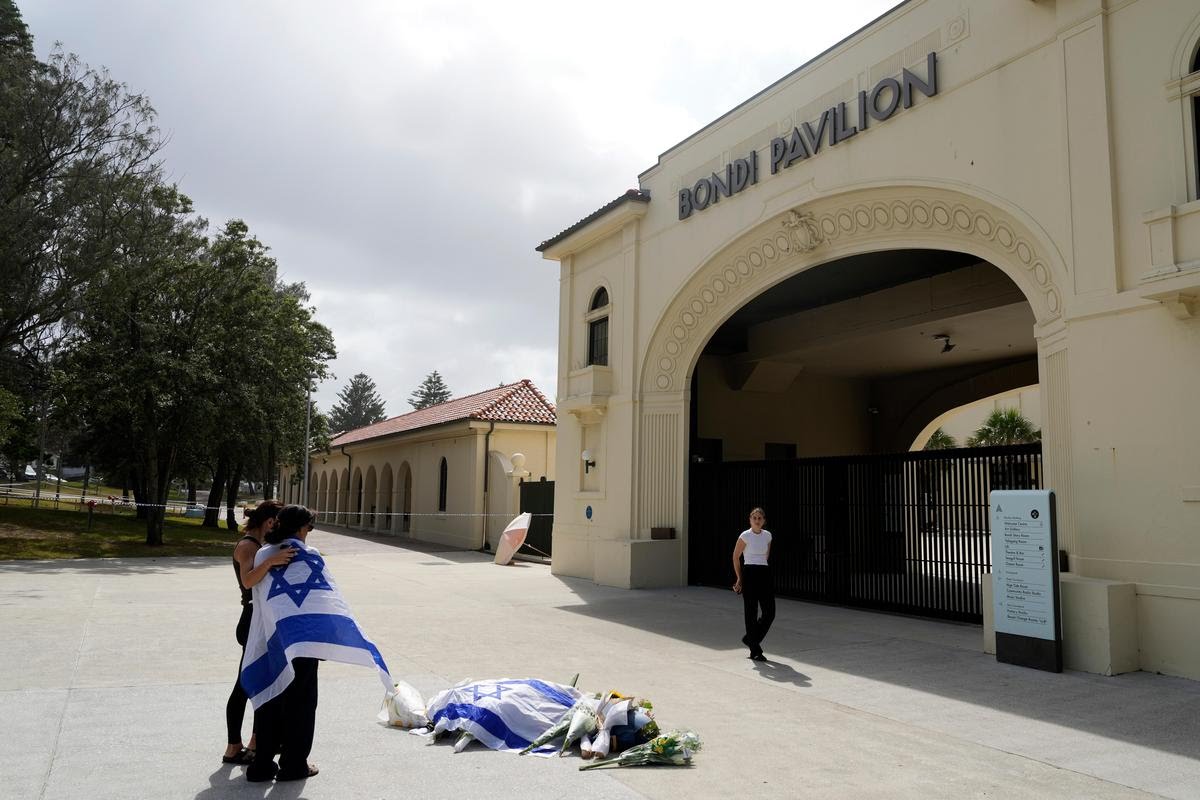


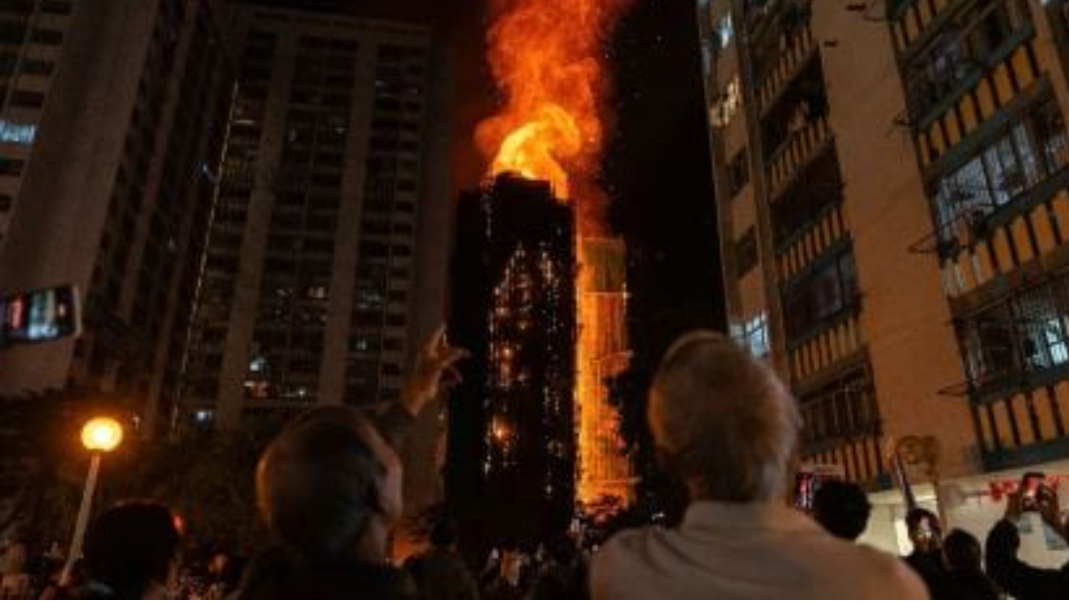
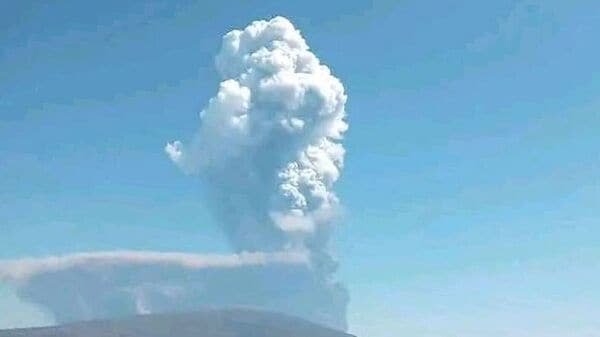
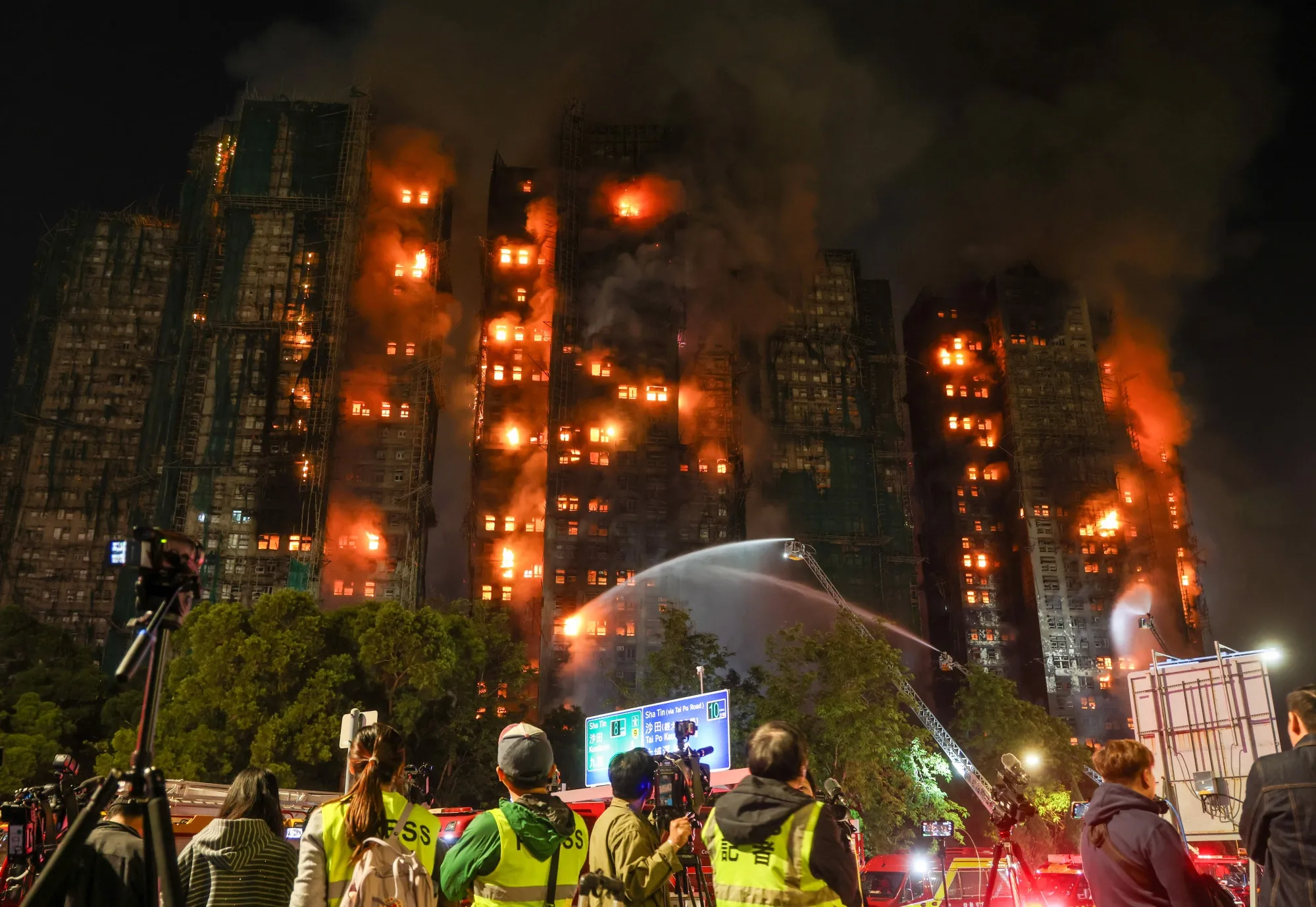
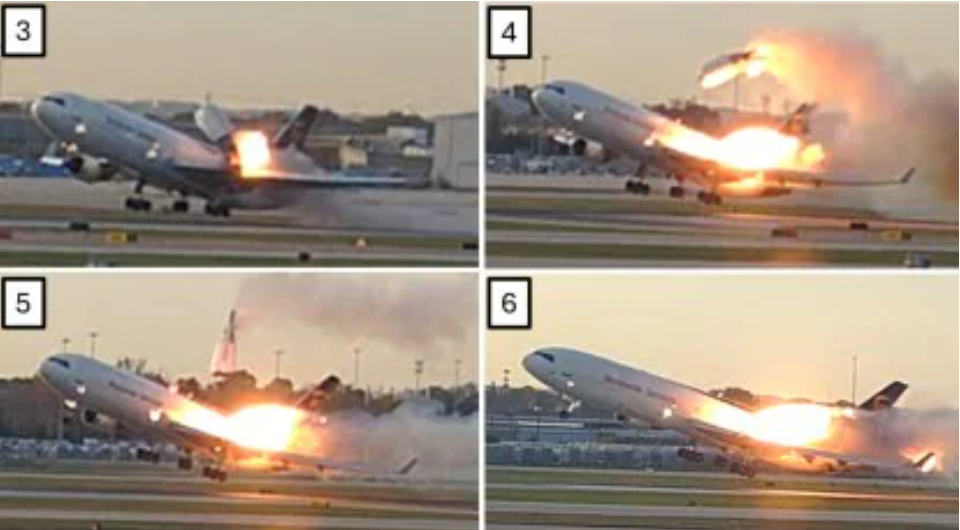
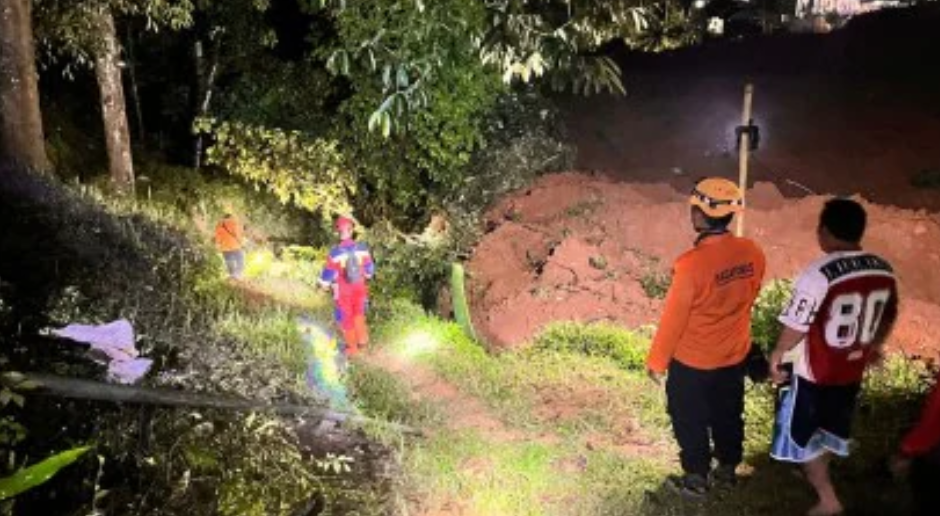
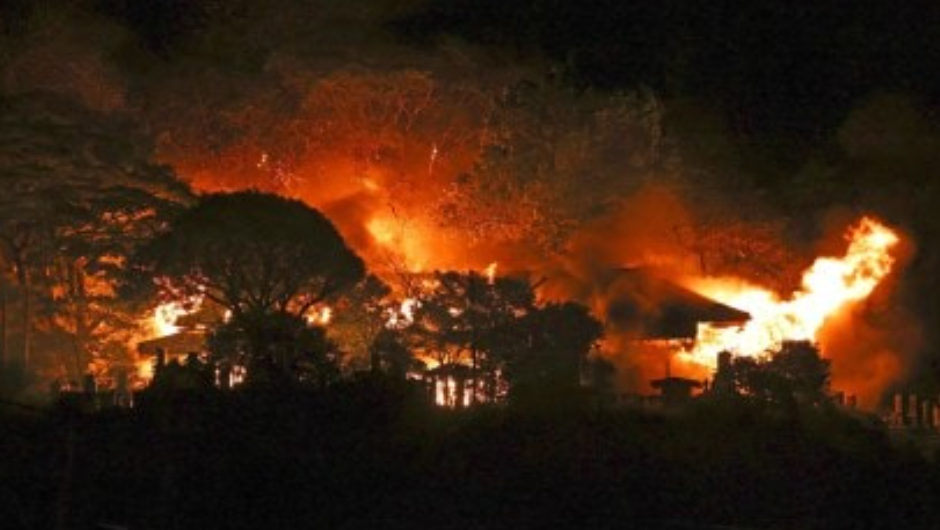
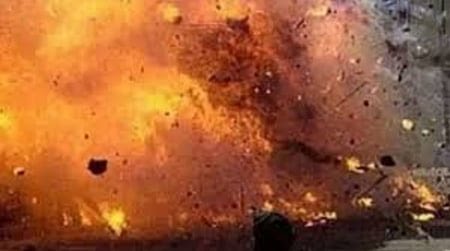
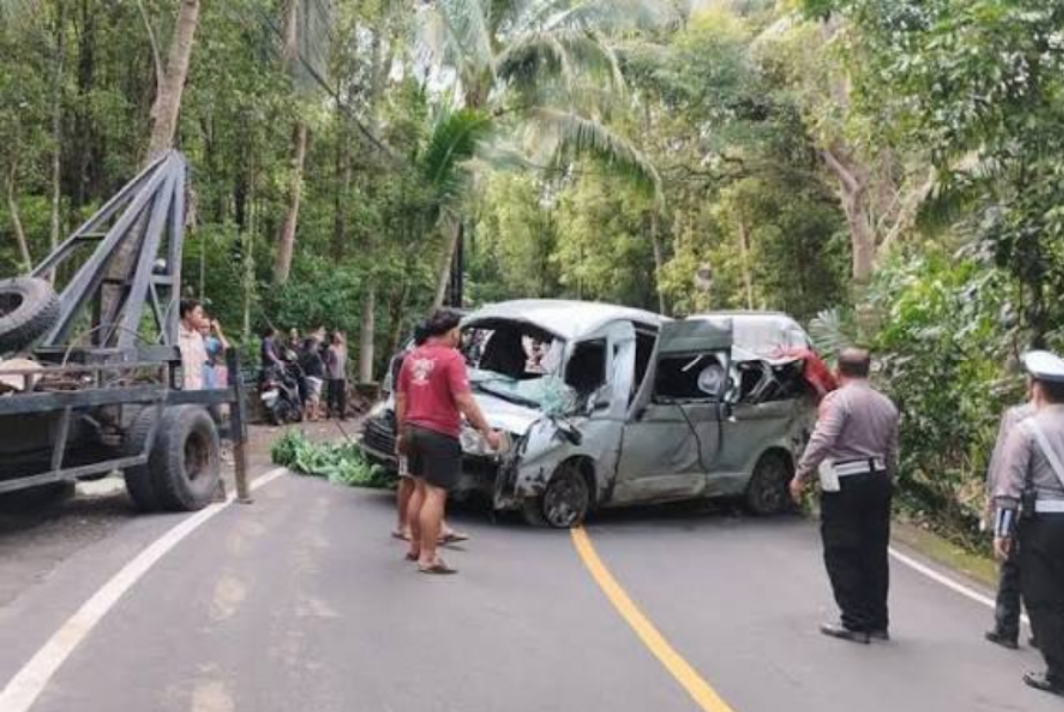
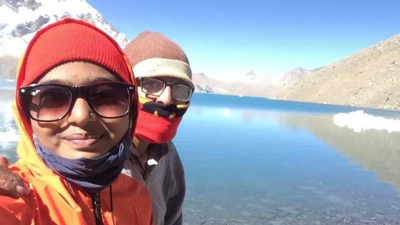
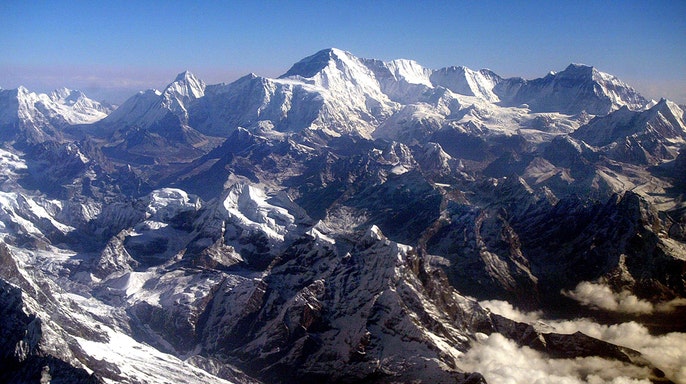
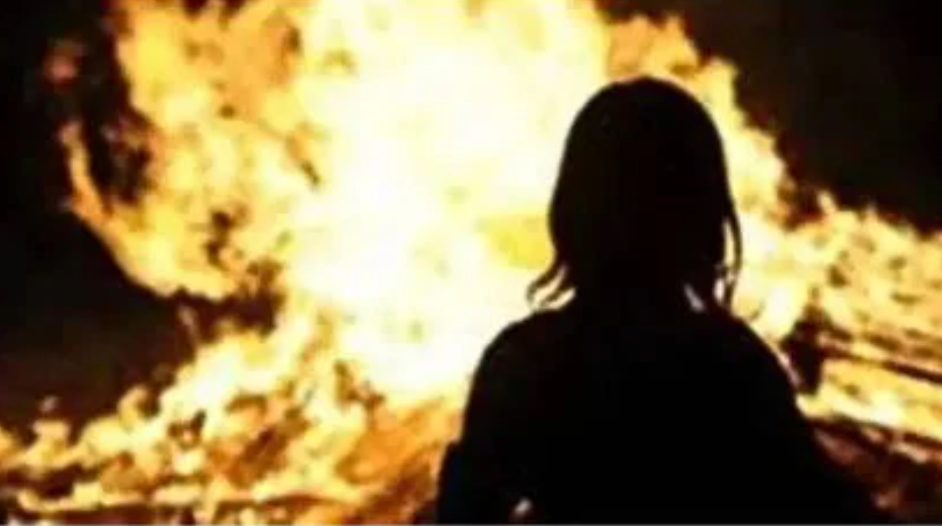
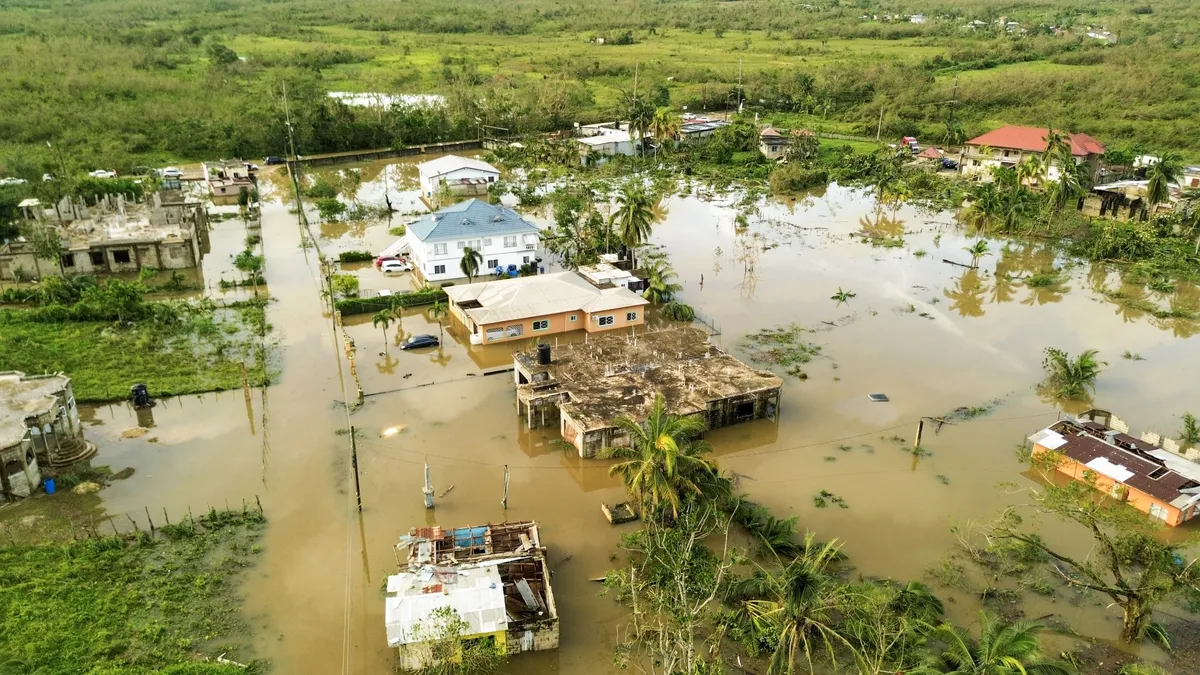
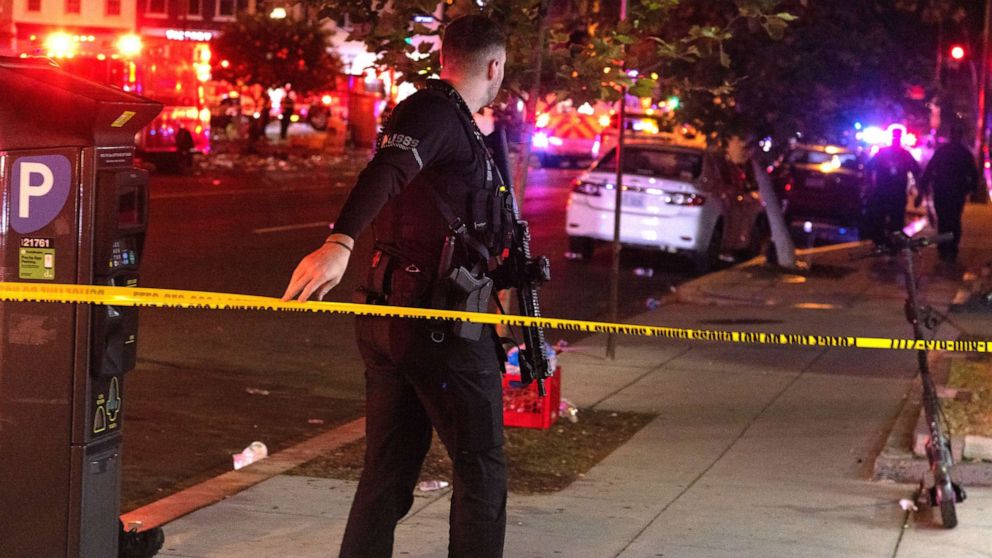
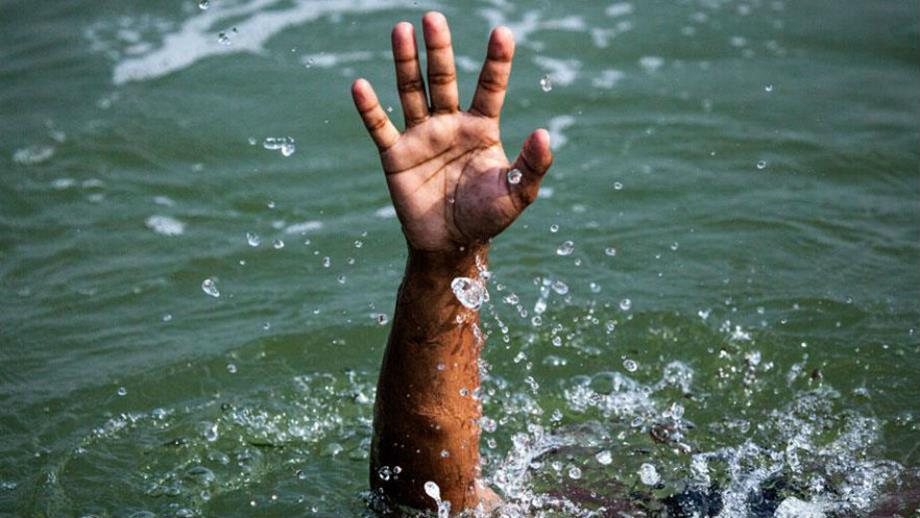
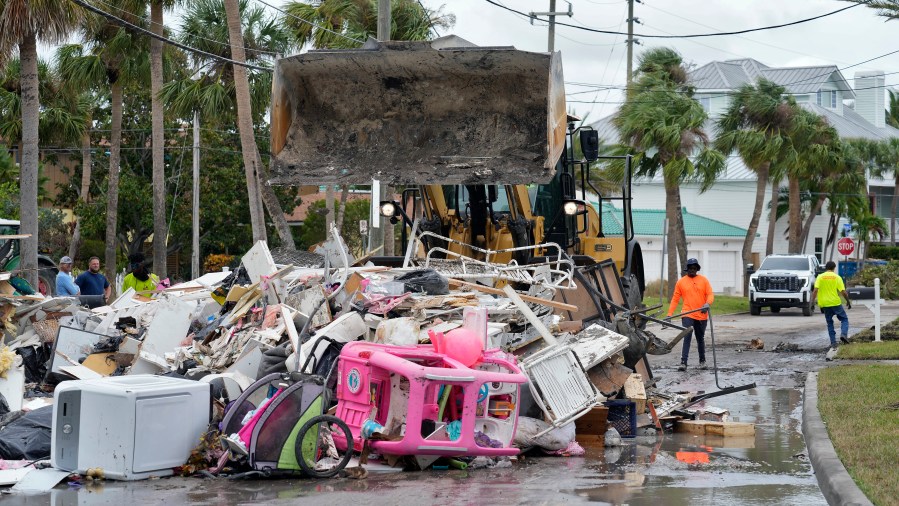
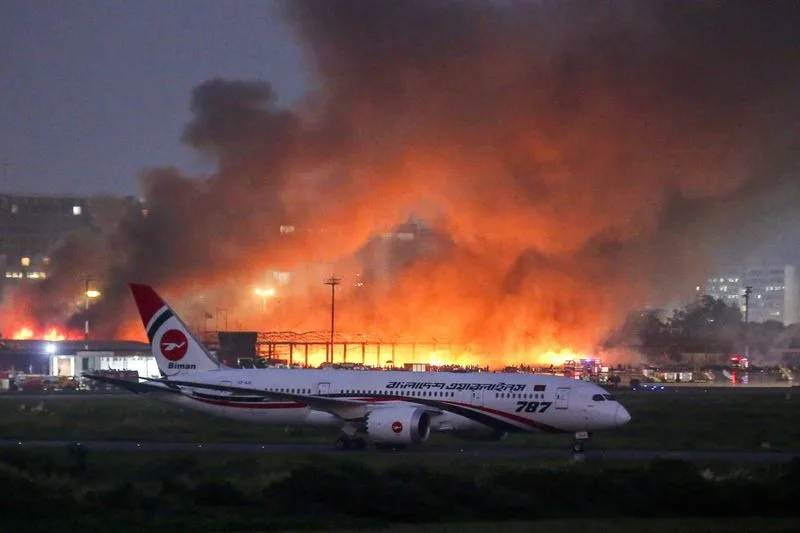
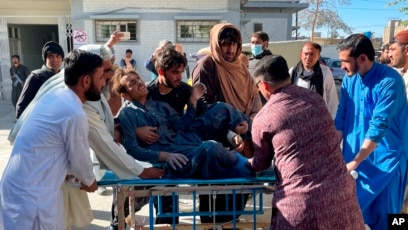
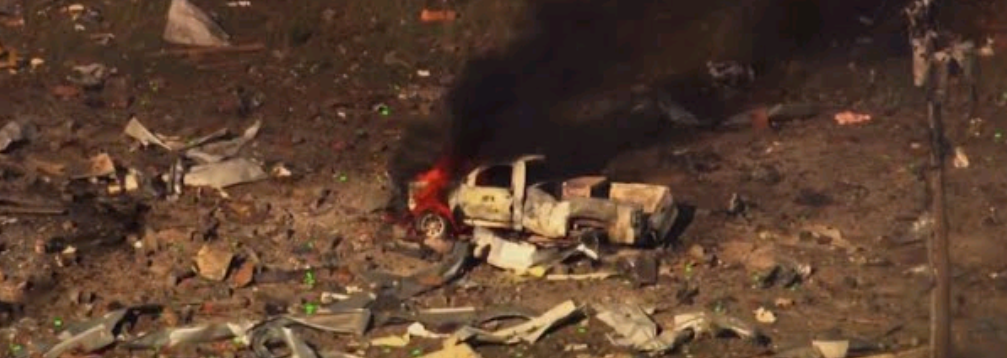
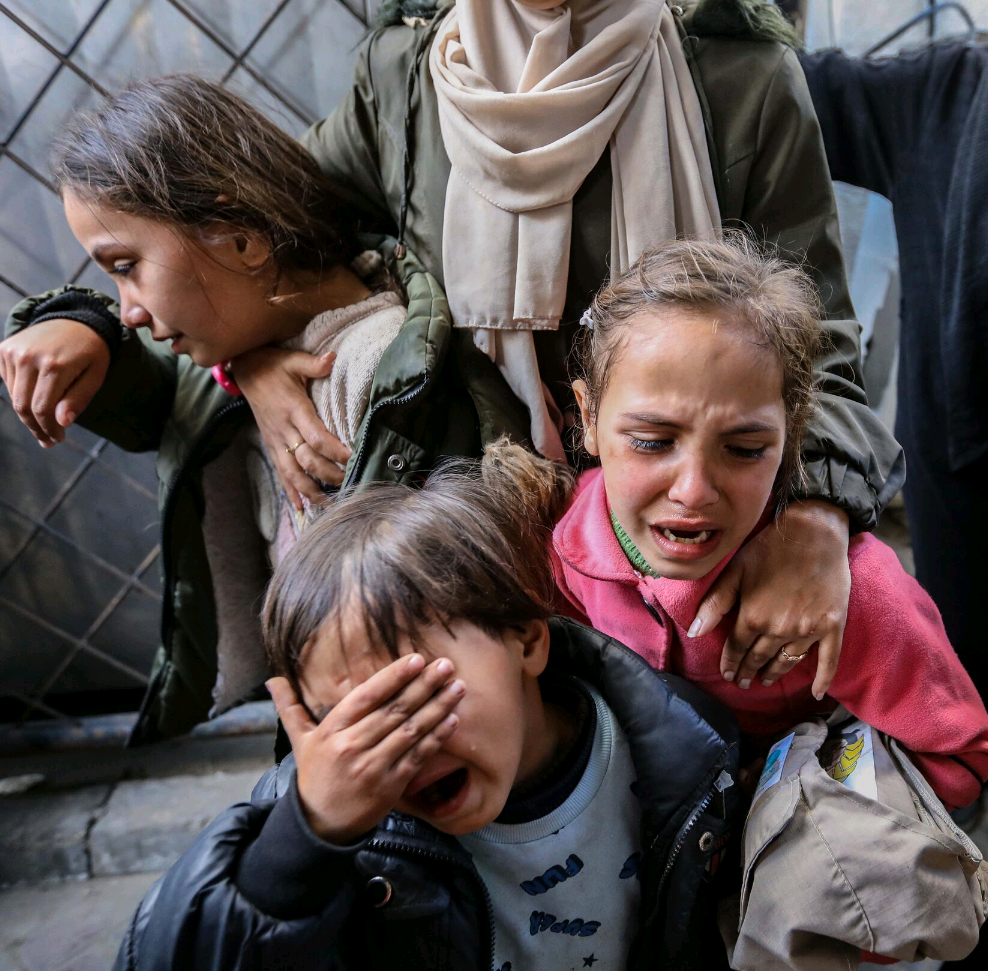
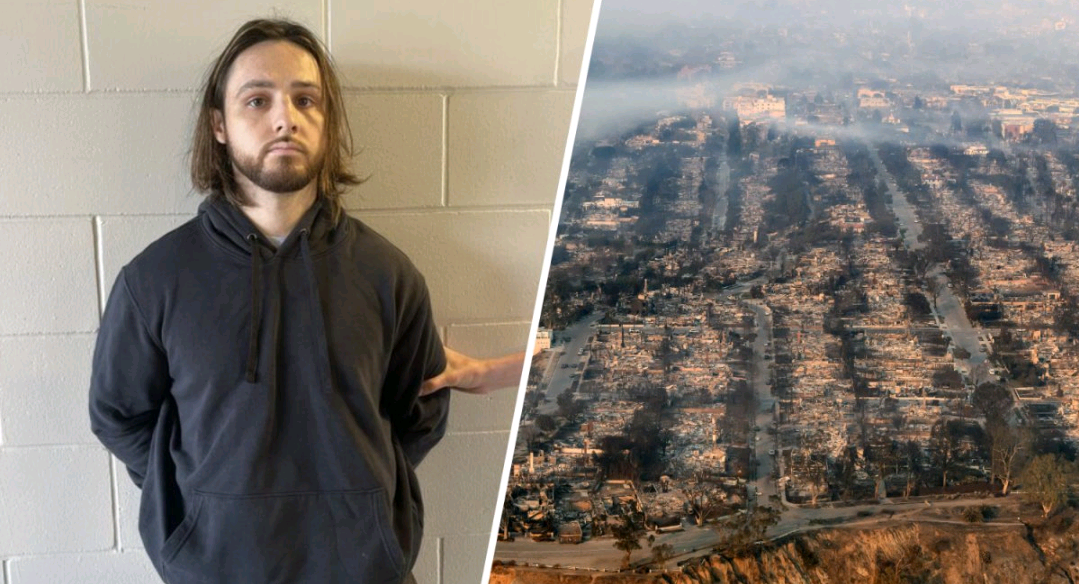
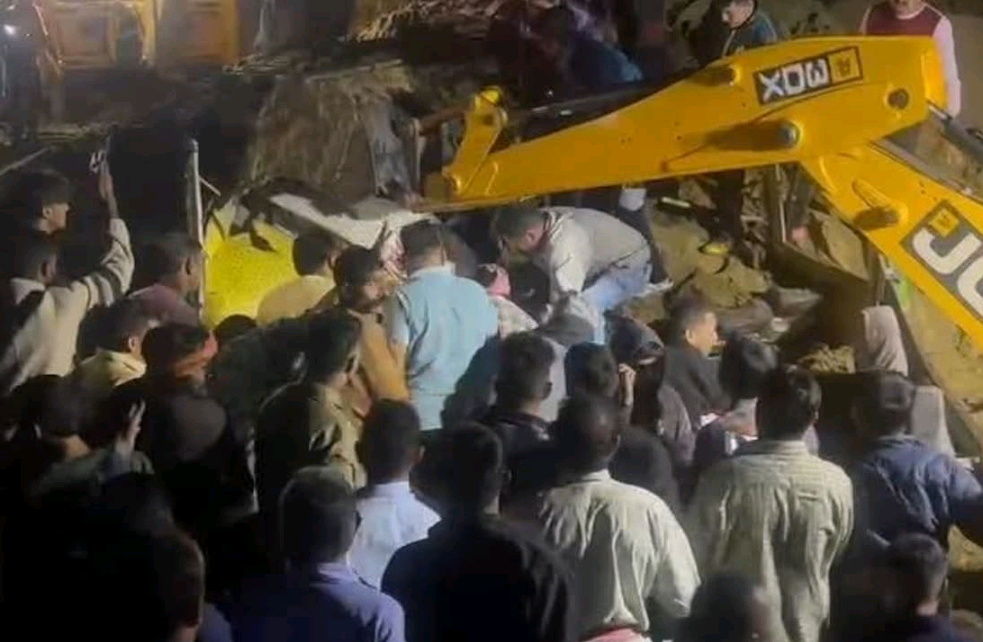
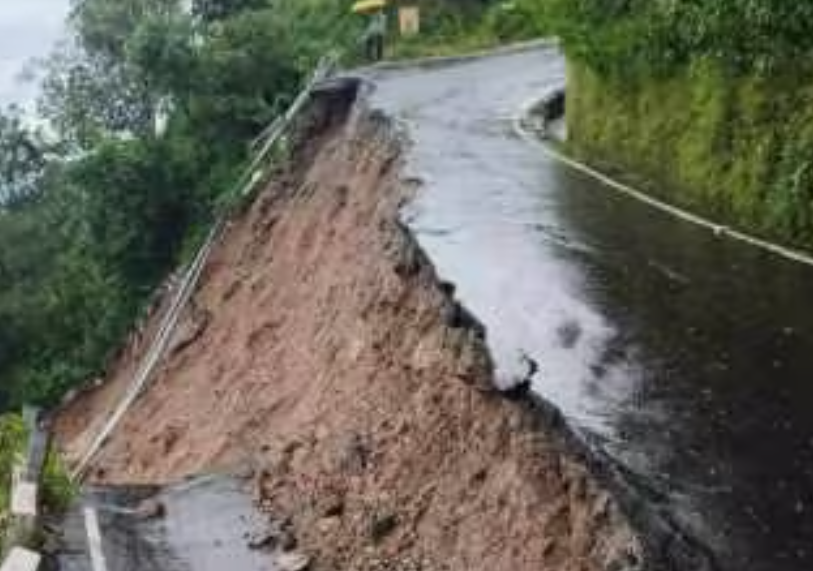
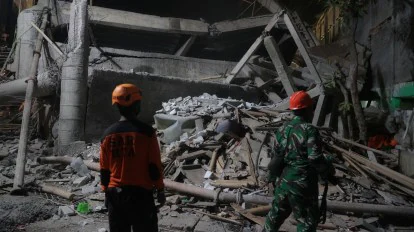
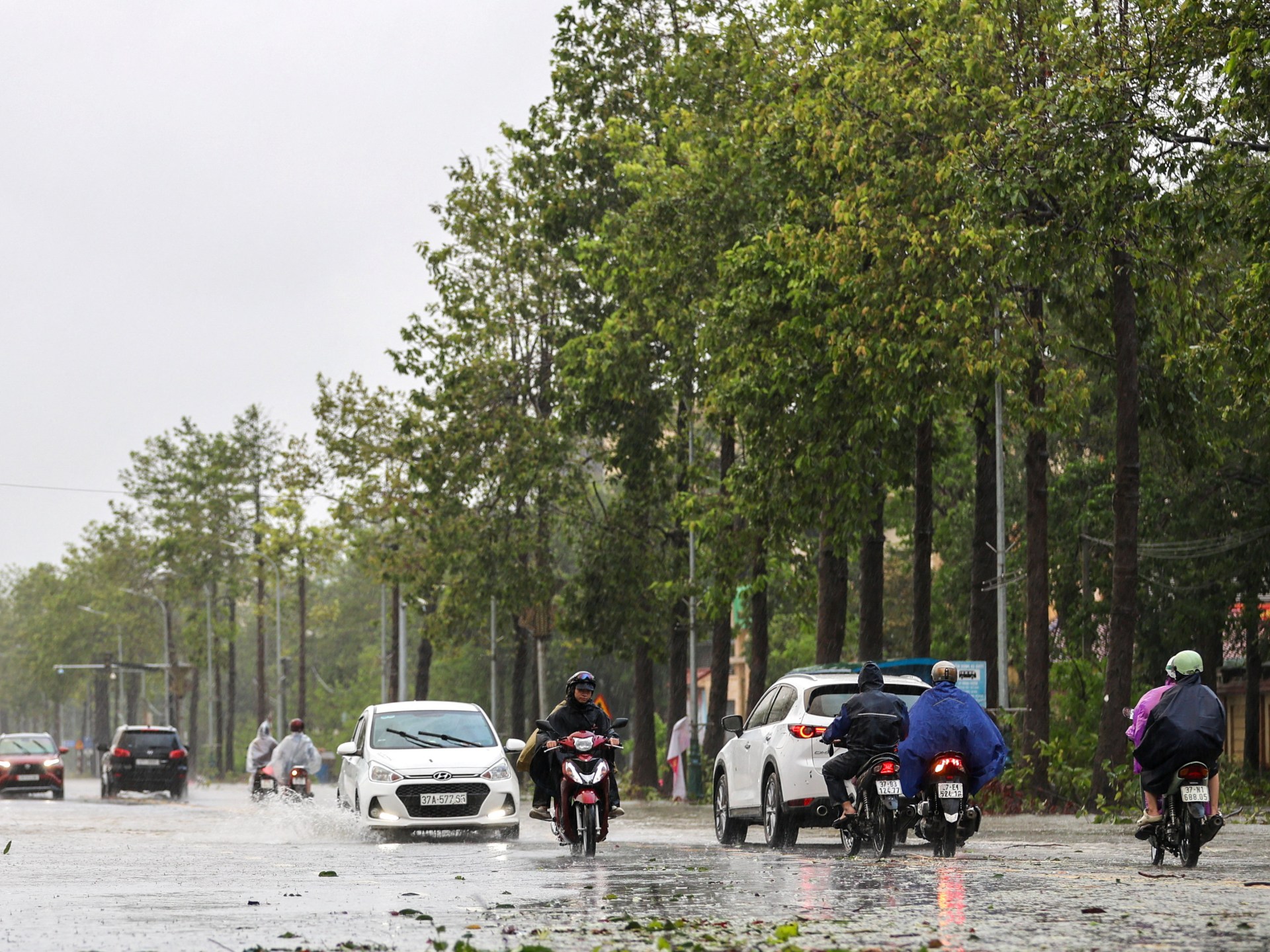
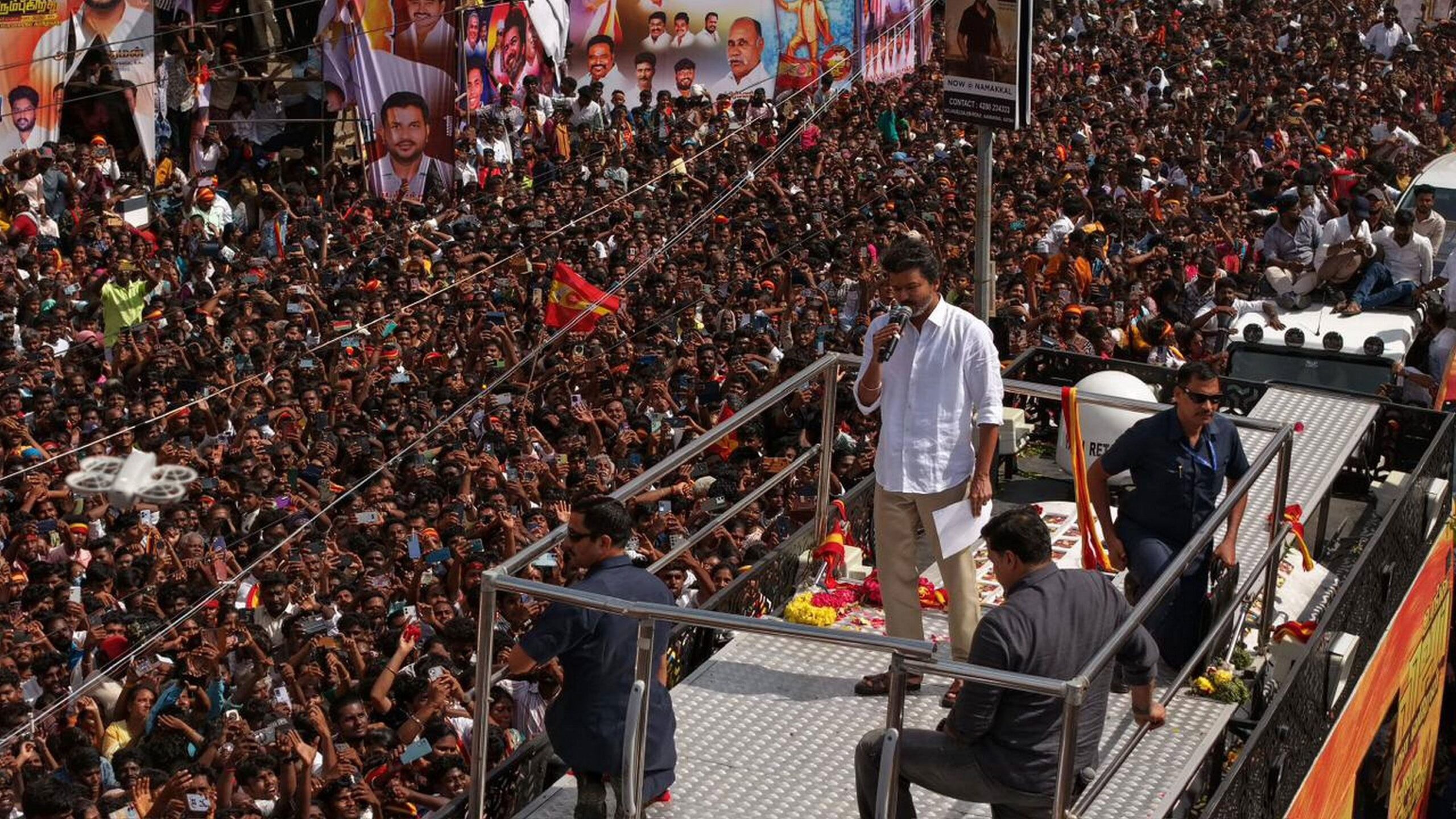
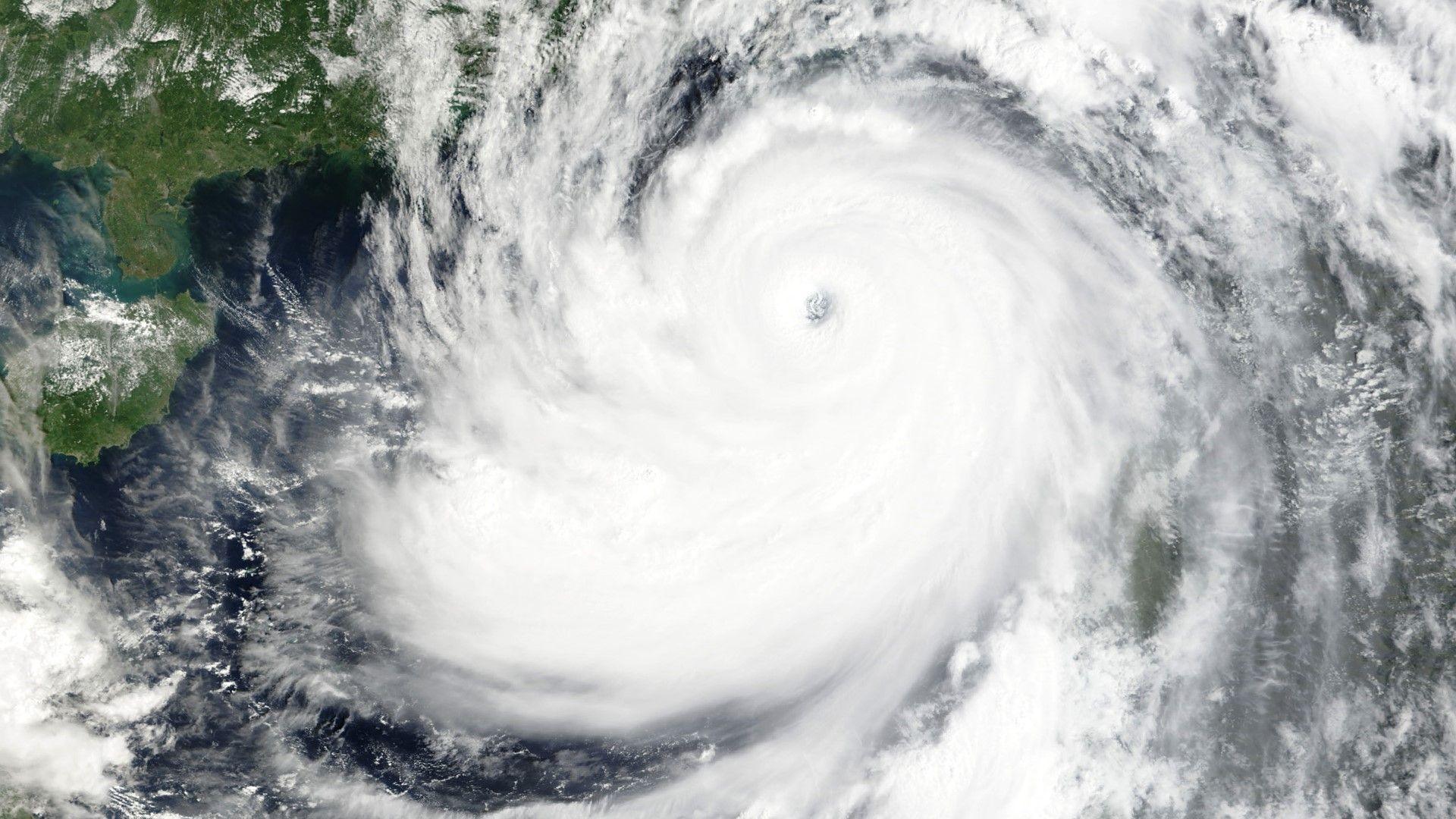






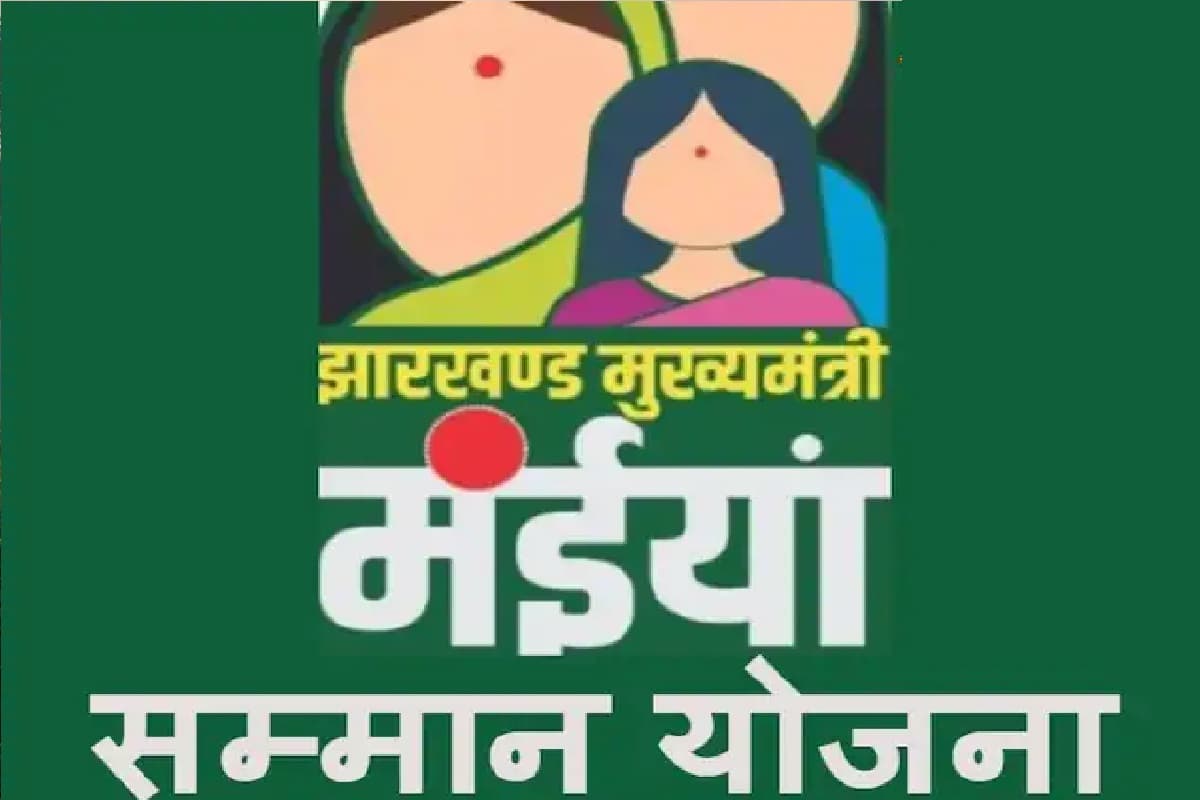

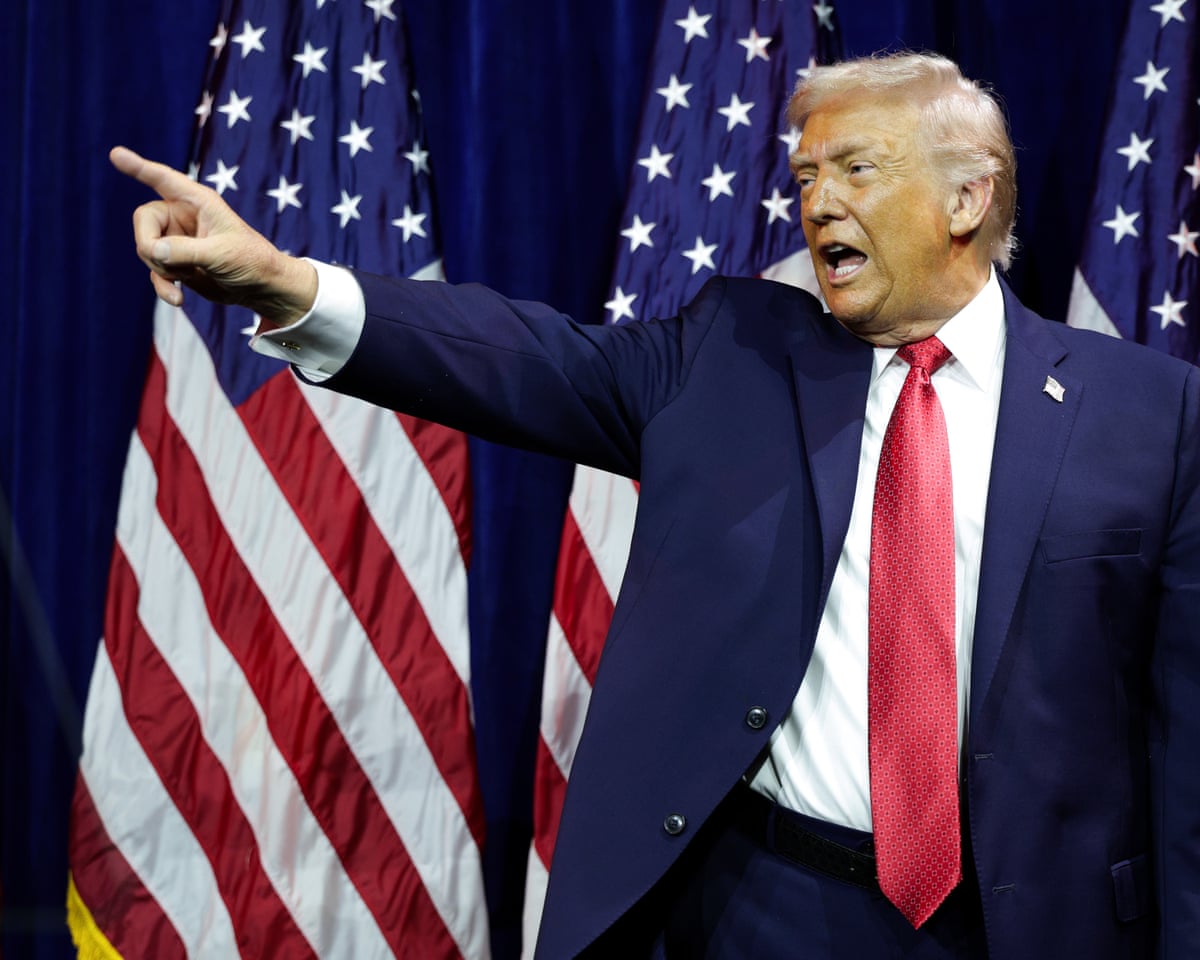
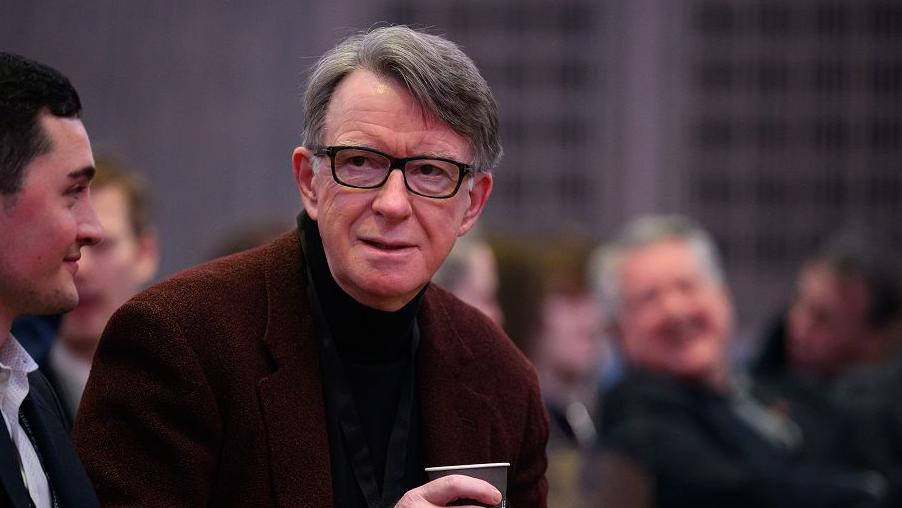
Leave a Reply